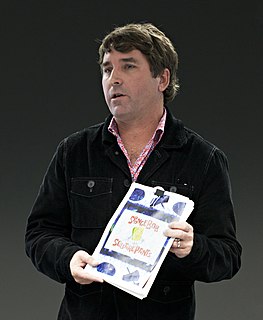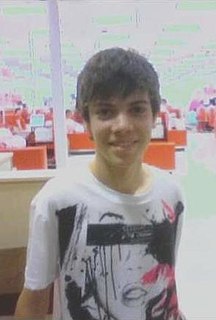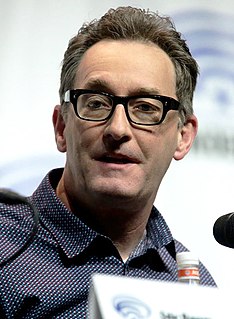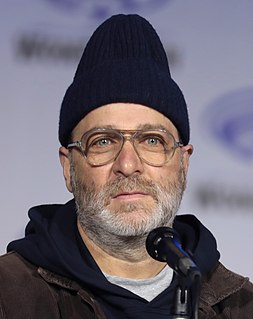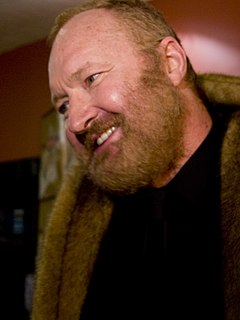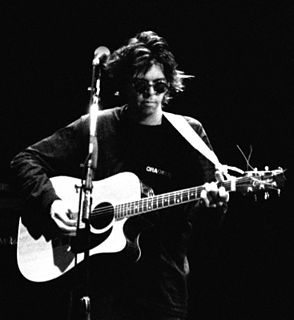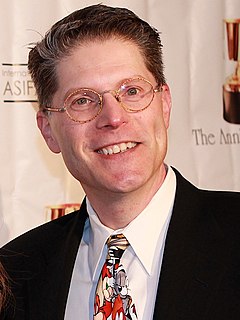A Quote by Al Yankovic
A lot of my cartoon voices are basically just variations on my natural voice.
Related Quotes
There are a lot of voices inside of us. We have the voices of our parents, our grandparents, our society, our bosses, our own should's and shouldn'ts, and our self-worth is in us, controlling us a lot. When we can get past all of those, and get to the deep, core part of us, there's a voice within our soul that I believe is connected to our Divine or Higher Self. That voice within is there to guide us through all aspects of our lives.
Voice actors I used to know who were starting out in comedy were guys who did a lot of voices. They were usually comedy actors who developed their comedy by doing tons of impressions and voices that were usually very funny. And I never did any of that, so that's, I guess, why I don't consider myself a voice actor.
There are certain writers I can't read when I'm trying to write because their voices are so distinct. Cormac McCarthy, he's the most different writer from anything I've ever written, but there's something about those really spare sentences that is just tough - it would be too much of an influence. Grace Paley is my favorite writer. Her stuff is so voice-driven, when I read her a lot I want to make my writing more voice-y and dialogue-heavy. I love a lot of stuff in translation.
I hate the sound of my own voice. It's just up there, sort of naked and exposed. Live is hard, because on my records, I play almost everything on a lot of stuff. In a live situation, I can't control everything. I use two different microphones. One is just clean, traditional sound, and the other one is basically a cheap cassette-recorder microphone that goes through a distortion box to emulate my voice on the record. That helps some.


